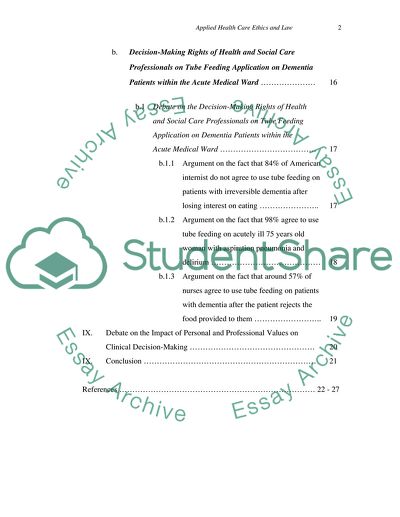Cite this document
(“Applied Health Care Ethics and Law Essay Example | Topics and Well Written Essays - 5000 words”, n.d.)
Applied Health Care Ethics and Law Essay Example | Topics and Well Written Essays - 5000 words. Retrieved from https://studentshare.org/health-sciences-medicine/1541264-applied-health-care-ethics-and-law
Applied Health Care Ethics and Law Essay Example | Topics and Well Written Essays - 5000 words. Retrieved from https://studentshare.org/health-sciences-medicine/1541264-applied-health-care-ethics-and-law
(Applied Health Care Ethics and Law Essay Example | Topics and Well Written Essays - 5000 Words)
Applied Health Care Ethics and Law Essay Example | Topics and Well Written Essays - 5000 Words. https://studentshare.org/health-sciences-medicine/1541264-applied-health-care-ethics-and-law.
Applied Health Care Ethics and Law Essay Example | Topics and Well Written Essays - 5000 Words. https://studentshare.org/health-sciences-medicine/1541264-applied-health-care-ethics-and-law.
“Applied Health Care Ethics and Law Essay Example | Topics and Well Written Essays - 5000 Words”, n.d. https://studentshare.org/health-sciences-medicine/1541264-applied-health-care-ethics-and-law.


